
Introduction
What is Digital Marketing covered in this complete Blog—step by step. Learn key strategies, tools, and tips to grow your online presence effectively. Let me know if you want variations tailored for SEO or a specific platform like Google Search or social media.
We introduce the concept of digital marketing and how it has transformed the way businesses reach consumers. The section sets the tone by showing how online strategies now dominate the marketing world.
Table of Contents
The Shift from Traditional to Digital Marketing
Remember the days of newspaper ads, flyers, and radio jingles? Those still exist, but digital marketing has taken center stage. Why? Because people live on their phones and laptops now. It’s faster, cheaper, and more effective than traditional methods.
Why Digital Marketing Matters Today
We highlight why businesses—big or small—need a strong online presence. The keyword Digital Marketing fits naturally when explaining the importance of adapting to the digital age. If you’re not online, you’re invisible. Lets you engage with your target audience in real-time, build relationships, and drive conversions without spending a fortune.
How to Start with Digital Marketing Step-by-Step Guide
Define Your Goals
We explain SMART goals with easy examples to clarify Are you looking for brand awareness? Sales? Lead generation? Set SMART goals to guide your strategy.
Know Your Audience
Describes audience personas and targeting, vital in creating relevant marketing. Who are they? Where do they hang out online? What are their pain points? Get into their heads.
Choose the Right Channels
Explains how not all platforms suit every business. Not every business needs to be on TikTok or Every social media platform. Choose platforms that your audience actually uses.
Create High-Quality Content
Outlines the need for helpful, entertaining, and problem-solving content, making both insightful and doable. Content is king—but only if it’s valuable. Focus on solving problems, not just selling.
Track and Analyze Performance
Teaches beginners how to read and react to analytics, an important skill simplified through What is Digital Marketing. Use tools like Google Analytics to see what’s working and what needs tweaking.
Core Components of Digital Marketing
Search Engine Optimization (SEO)
A foundational part of Digital Marketing, this subheading explains how SEO helps websites appear in search engine results and drive organic traffic. SEO is the secret sauce to getting your website on the first page of Google. It involves optimizing your site with keywords, backlinks, and content strategies to increase visibility.
Content Marketing
This is all about storytelling. Blog posts, videos, podcasts, infographics—content that educates or entertains your audience and subtly promotes your brand.
Social Media Marketing (SMM)
Love scrolling Instagram? So does your audience. Platforms like Facebook, Instagram, LinkedIn, and Twitter help you connect, engage, and grow your brand community.
Pay-Per-Click Advertising (PPC)
PPC, like Google Ads, lets you appear at the top of search results instantly. You pay only when someone clicks—ideal for fast, measurable results.
Email Marketing
Still one of the most personal and effective forms of digital marketing. Great for building loyalty, running promotions, or nurturing leads.
Affiliate Marketing
This is performance-based marketing. You promote someone else’s product and earn a commission for each sale through your unique link.
Influencer Marketing
Partnering with influencers lets you reach niche audiences authentically. A single shoutout can bring a flood of traffic your way.
Mobile Marketing
With most users on smartphones, strategies like SMS marketing, app-based advertising, and mobile-friendly websites are non-negotiable.
Understanding the Digital Marketing Funnel
This is an important framework is that helps readers visualize how customers move from awareness to purchase and beyond.
Awareness
Your goal here is to get noticed. Think blog posts, social media, and search ads. The first stage in Brand Awareness where people discover your brand—through blogs, ads, or social media.
Consideration
Here, you nurture leads with detailed content—think email sequences, case studies, and webinars. We explain how potential buyers evaluate options. Content and remarketing play a major role.
Conversion
We simplify the concept of getting users to take action—whether it’s buying a product or signing up. Your audience is ready to buy. Your focus? Strong CTAs, landing pages, and user-friendly checkout experiences.
Loyalty
Discusses how to retain customers and turn them into brand promoters, keeping the guide helpful and practical. Offer top-notch service and keep them coming back with email follow-ups, discounts, and loyalty programs.
Benefits of Digital Marketing
This subheading shows why online marketing is not only effective but often more profitable than traditional methods.
Cost-Effective
Explains how even a small business can market effectively with a limited budget, aligned with. You can run Facebook ads for less than the price of a coffee and still reach thousands of people.
Global Reach
Emphasizes the power of digital marketing to reach customers worldwide, using real-world analogies for a simple understanding. Launch your brand globally with a few clicks. No plane tickets or international offices required.
Measurable Results
Describes how everything can be tracked and optimized a hands-on tool for growth. Track every click, conversion, and bounce rate. No guessing here—data speaks.
Personalization & Engagement
Highlights how brands can tailor messages for each user. Send targeted messages based on behavior. Think birthday emails, product suggestions, and custom discounts.
Tools and Platforms for Digital Marketing
This section helps readers discover must-have platforms for beginners and pros alike.
Google Analytics
Google Analytics Understand where your traffic comes from and what users do on your site.
SEMrush & Ahrefs
These are your best friends for SEO and competitive research. Explains their roles in tracking traffic and doing competitor research.
Mailchimp & HubSpot
Showcases tools for email, design, and social ads that every marketer should know. Great tools for managing and automating your email campaigns.
Facebook Ads Manager
Create, manage, and optimize ads to reach your exact audience.
Canva & Other Creative Tools
No design skills? No problem. Canva makes creating stunning visuals easy.
Future Trends in Digital Marketing
AI and Automation
Chatbots, predictive analytics, and smart content recommendations are becoming standard. Each trend is simplified and explained in everyday language to keep things beginner-friendly.
Video Marketing Growth
Video is king. Short-form content on platforms like YouTube Shorts and Instagram Reels is booming.
Common Mistakes to Avoid in Digital Marketing
- Ignoring mobile users
- Not tracking analytics
- Posting without strategy
- Buying fake followers
- Not updating content regularly
Conclusion
We wrap it up by reinforcing that is a starting point to building your skills, attracting your audience, and growing your business. Whether you’re a solopreneur, small business owner, or large enterprise, getting digital means getting ahead. Start small, stay consistent, and always keep learning. The online world moves fast—but with the right strategy, so can you.
FAQs
What is the role of SEO in digital marketing?
SEO helps your website rank higher on search engines, increasing visibility and traffic organically.
Can small businesses benefit from digital marketing?
Absolutely! It’s affordable, scalable, and perfect for reaching local and global audiences.
How long does it take to see results from digital marketing?
It depends—SEO can take months, while PPC and social ads can deliver instant results.
Is digital marketing better than traditional marketing?
Yes, in most cases. It’s more targeted, cost-effective, and offers measurable results.
What skills are needed to become a digital marketer?
You’ll need a mix of creativity and analytics—skills in SEO, content, social media, email, and tools like Google Analytics.
- Ultimate Guide For Guest Posts, Build Backlinks & Optimized SEO in 2025
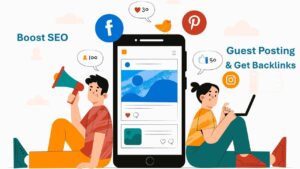 Introduction Ever heard of guest posting and thought, “Is this still a thing?” Well, the answer is a big, loud YES. Despite all the changes in Google’s algorithms, its remains one of the most powerful… Read more: Ultimate Guide For Guest Posts, Build Backlinks & Optimized SEO in 2025
Introduction Ever heard of guest posting and thought, “Is this still a thing?” Well, the answer is a big, loud YES. Despite all the changes in Google’s algorithms, its remains one of the most powerful… Read more: Ultimate Guide For Guest Posts, Build Backlinks & Optimized SEO in 2025 - Top 15 Types of Content Marketing and How to Use Them Effectively in 2025
 Introduction Content is the king, and marketing is its kingdom. In today’s hyper-connected digital world, content marketing is more than just a buzzword—it’s the soul of online growth. Whether you’re a solopreneur, startup, or enterprise,… Read more: Top 15 Types of Content Marketing and How to Use Them Effectively in 2025
Introduction Content is the king, and marketing is its kingdom. In today’s hyper-connected digital world, content marketing is more than just a buzzword—it’s the soul of online growth. Whether you’re a solopreneur, startup, or enterprise,… Read more: Top 15 Types of Content Marketing and How to Use Them Effectively in 2025 - Top 10 Social Media Marketing Strategies in 2025 for Brand Growth
 Introduction In 2025, social media marketing strategies has transformed into a data-driven, AI-empowered, and deeply personalized ecosystem. Brands no longer just post and hope for engagement—they leverage smart strategies, tools, and technologies to build communities,… Read more: Top 10 Social Media Marketing Strategies in 2025 for Brand Growth
Introduction In 2025, social media marketing strategies has transformed into a data-driven, AI-empowered, and deeply personalized ecosystem. Brands no longer just post and hope for engagement—they leverage smart strategies, tools, and technologies to build communities,… Read more: Top 10 Social Media Marketing Strategies in 2025 for Brand Growth - What is Social Media Marketing and Its Benefits in 2025
 Introduction: Welcome to the Era of Digital Conversations Imagine trying to run a business in 2025 without an online presence. Feels impossible, right? That’s because social media marketing isn’t just for fun anymore—it’s serious business.… Read more: What is Social Media Marketing and Its Benefits in 2025
Introduction: Welcome to the Era of Digital Conversations Imagine trying to run a business in 2025 without an online presence. Feels impossible, right? That’s because social media marketing isn’t just for fun anymore—it’s serious business.… Read more: What is Social Media Marketing and Its Benefits in 2025 - What is Content Marketing & Why It’s Crucial in 2025 | Complete Guide
 Introduction What is Content Marketing? Content marketing is all about creating and sharing valuable, relevant, and consistent content to attract and retain a clearly defined audience and ultimately, to drive profitable customer actions. In simpler… Read more: What is Content Marketing & Why It’s Crucial in 2025 | Complete Guide
Introduction What is Content Marketing? Content marketing is all about creating and sharing valuable, relevant, and consistent content to attract and retain a clearly defined audience and ultimately, to drive profitable customer actions. In simpler… Read more: What is Content Marketing & Why It’s Crucial in 2025 | Complete Guide - How to Get Google Adsense Approval for New Blog in 2025
 1. Introduction Discover how to get Google AdSense approval for your new blog in 2025 with this step-by-step guide. Learn key requirements, content tips, common mistakes to avoid, and how to increase your chances of… Read more: How to Get Google Adsense Approval for New Blog in 2025
1. Introduction Discover how to get Google AdSense approval for your new blog in 2025 with this step-by-step guide. Learn key requirements, content tips, common mistakes to avoid, and how to increase your chances of… Read more: How to Get Google Adsense Approval for New Blog in 2025 - Top 10 Important WordPress Plugins with Features and Usability
 Introduction If you’re diving into the world of WordPress, you’ve likely heard of wordpress plugins. But what are they really? Think of plugins as the apps for your website. Whether you’re building a blog, eCommerce… Read more: Top 10 Important WordPress Plugins with Features and Usability
Introduction If you’re diving into the world of WordPress, you’ve likely heard of wordpress plugins. But what are they really? Think of plugins as the apps for your website. Whether you’re building a blog, eCommerce… Read more: Top 10 Important WordPress Plugins with Features and Usability - What is Technical SEO? Beginner’s Guide for 2025
 Introduction Learn what technical SEO means, why it matters, and how to start perfect for beginners stepping into the SEO world. You’re writing amazing content, and still, your blog isn’t showing up on Google like… Read more: What is Technical SEO? Beginner’s Guide for 2025
Introduction Learn what technical SEO means, why it matters, and how to start perfect for beginners stepping into the SEO world. You’re writing amazing content, and still, your blog isn’t showing up on Google like… Read more: What is Technical SEO? Beginner’s Guide for 2025 - What are the Core Concepts of Digital Marketing? A Complete Beginner’s Guide
 Introduction What Is Digital Marketing? Discover the core concepts of Digital Marketing including SEO, content marketing, social media, PPC, and more. Learn how these strategies work together to grow your online presence in 2025. Digital… Read more: What are the Core Concepts of Digital Marketing? A Complete Beginner’s Guide
Introduction What Is Digital Marketing? Discover the core concepts of Digital Marketing including SEO, content marketing, social media, PPC, and more. Learn how these strategies work together to grow your online presence in 2025. Digital… Read more: What are the Core Concepts of Digital Marketing? A Complete Beginner’s Guide - On-Page vs Off-Page SEO: Key Differences, Strategies & Benefits Explained
 Introduction Search Engine Optimization (SEO) is like the secret recipe behind every website that dominates Google search results. Whether you’re running a blog, an online store, or a corporate website, SEO helps your content get… Read more: On-Page vs Off-Page SEO: Key Differences, Strategies & Benefits Explained
Introduction Search Engine Optimization (SEO) is like the secret recipe behind every website that dominates Google search results. Whether you’re running a blog, an online store, or a corporate website, SEO helps your content get… Read more: On-Page vs Off-Page SEO: Key Differences, Strategies & Benefits Explained

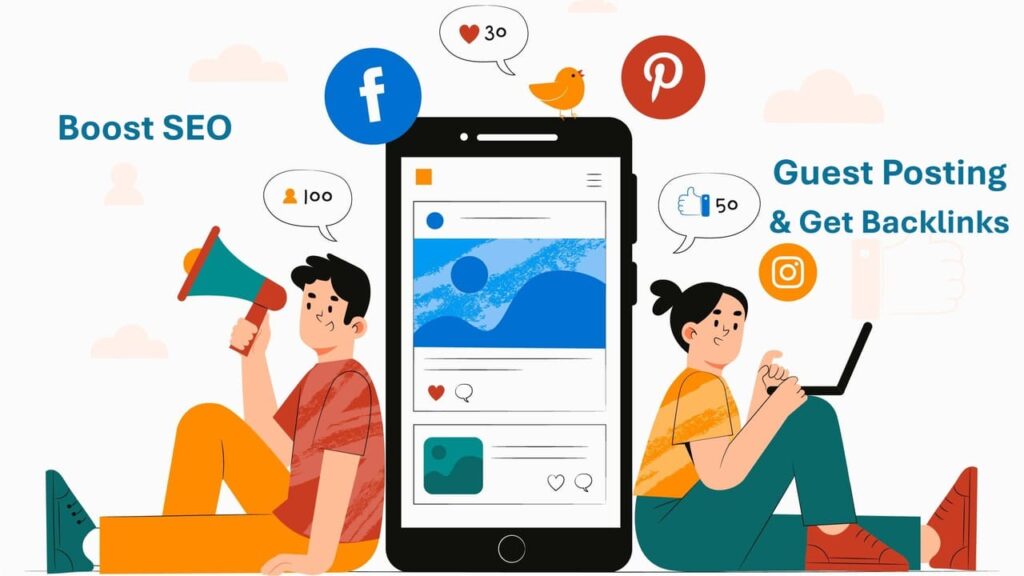
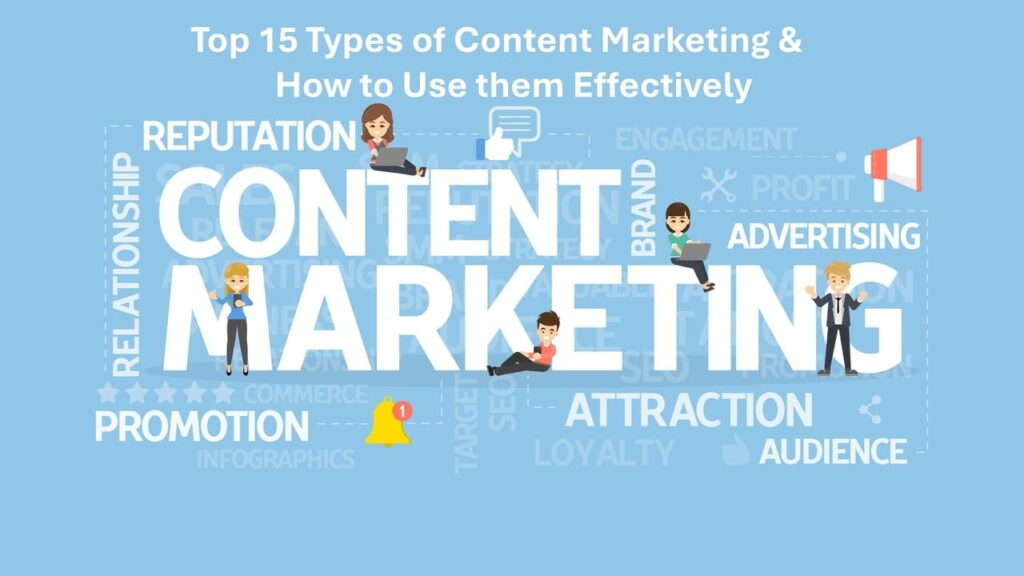
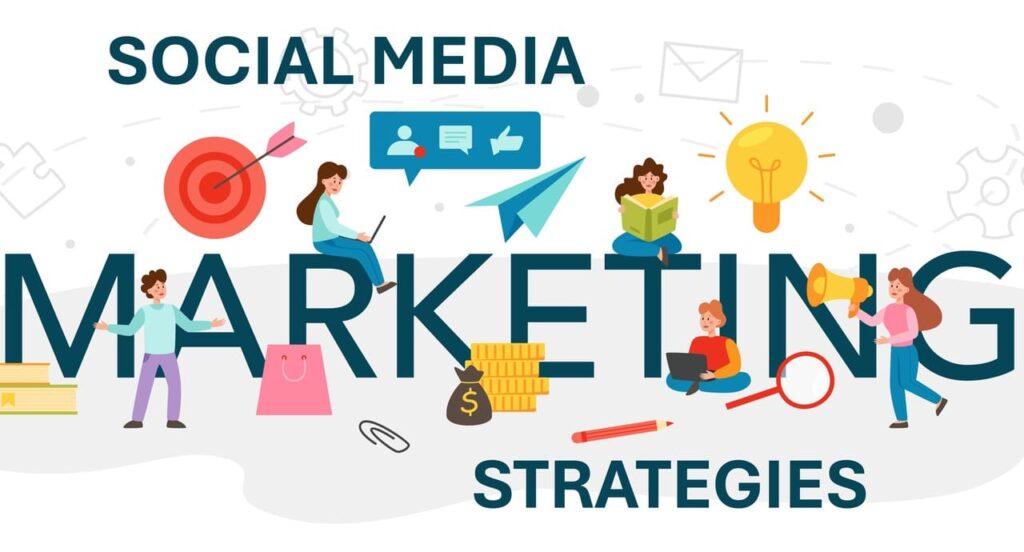
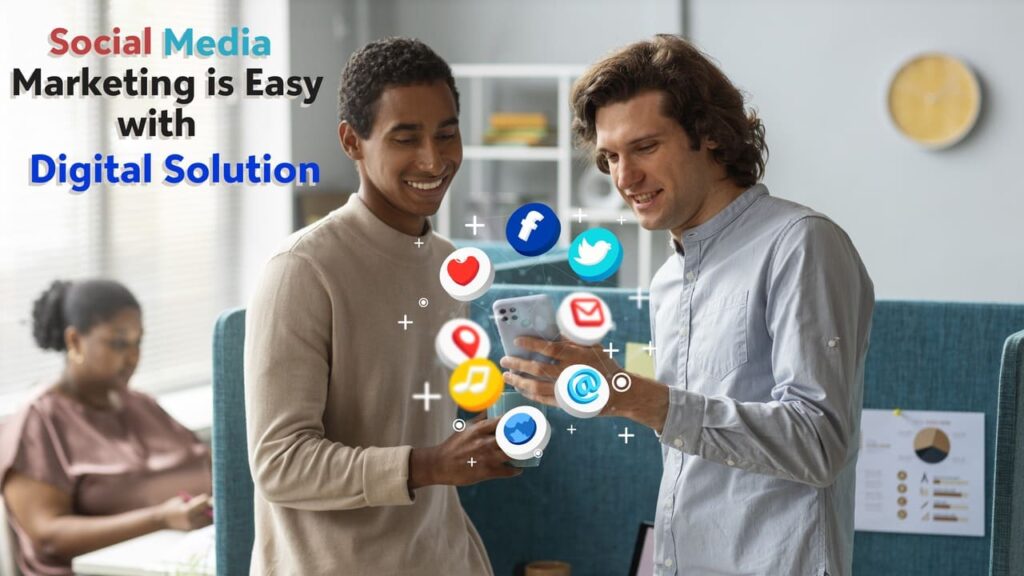

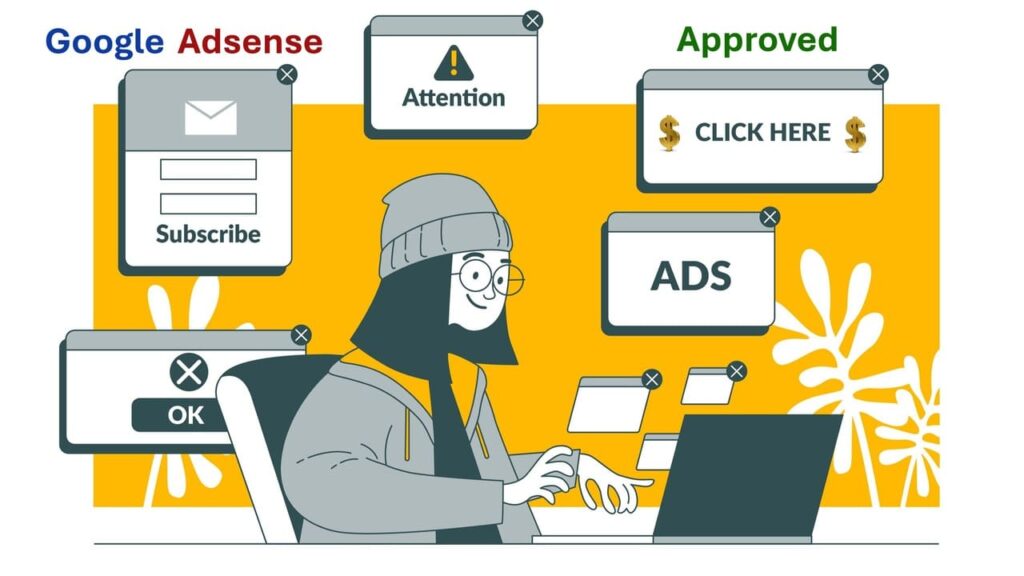
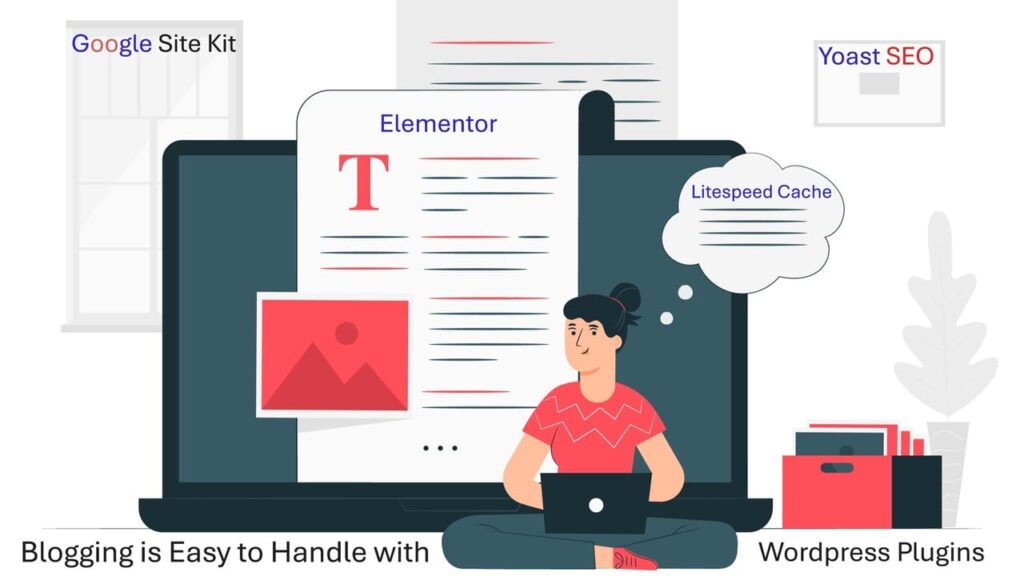

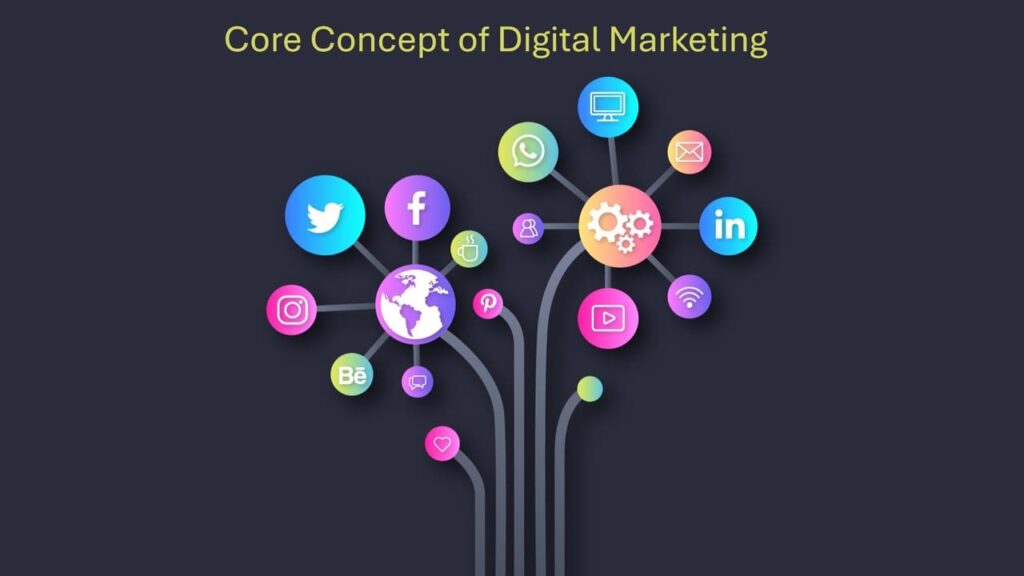
Pingback: MBA in Digital Marketing Your Ultimate Guide to Career Success - DIGITAL MARKETING SOLUTION
Pingback: Best Digital Marketing Courses in India 2025: Top Institutes, Fees, Syllabus & Career Scope - DIGITAL MARKETING SOLUTION
Pingback: Future Trends in Digital Marketing: Emerging Trends 2025
Pingback: Top 10 AI Digital Marketing Tools to Enhance your Strategy
Pingback: Unlock Google Rankings with This Keyword Research Checklist
Pingback: Build a Free Website in Minutes – Easy Guide for Beginners
Pingback: What Are Backlinks? A Complete Guide to Building Powerful Links for SEO